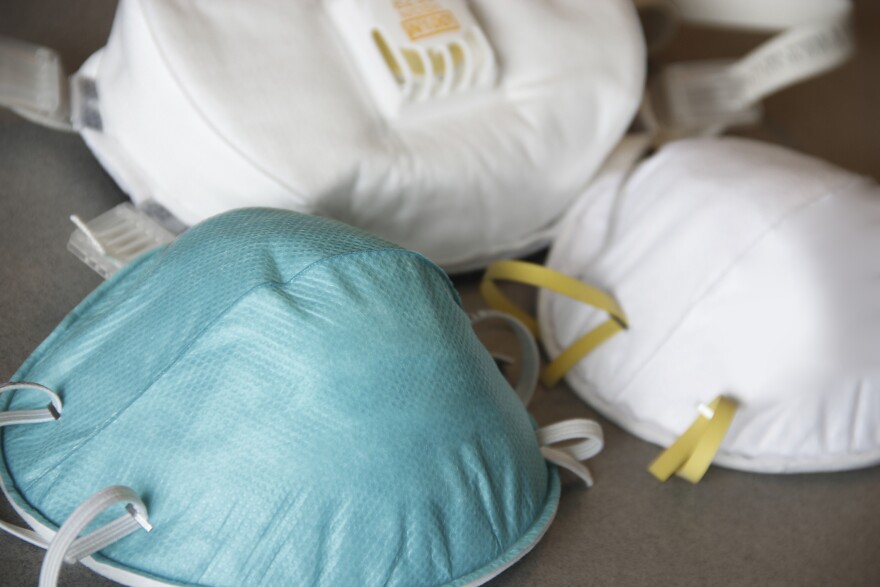Michigan Medicine and Sparrow hospital systems have eased their hospital-wide masking policy.
The hospitals are no longer asking patients, visitors, and staff to wear masks in public common areas, such as waiting rooms, hallways, and cafeterias.
Dr. Paul Entler is the chief clinical officer of Sparrow health systems.
“Anywhere you're not crossing a patient threshold, you do not need to wear a mask. With the caveat of if you're sneezing, fever, coughing, then we really encourage wearing a mask,” Dr. Entler said.
Those experiencing symptoms, such as a cough, fever, or sore throat, and staff providing direct patient care still have to wear a mask.
He says the change comes after COVID hospitalizations dropped nearly 80% over the last year according to federal statistics. He also predicts that surrounding hospitals will make similar changes.
“With the masking policies there have been talks with the Michigan Hospital Association with other systems and I do believe that others will follow suit with easing the masking restrictions as well,” said Entler.
Dr. Entler said that hand washing and keeping vaccines up-to-date are important practices to prevent the spread of COVID.
When asked for comment Michigan Medicine replied with this statement:
“With the continual decrease in cases, high levels of immunity (both from vaccination and previous infection), and the availability of effective treatments, University of Michigan Health is reducing some of COVID-19 prevention strategies like masking requirements.
Washtenaw County is no longer in high transmission, having dropped to substantial, a lower category, for over a month. The CDC allows for health care institutions to relax their masking requirements to best meet their needs once out of high transmission.
As of April 5, our workforce members will be required to wear masks only when providing direct patient care. Masking will continue to be required for clinical or environmental standards as it was before COVID-19, such as in operating rooms.
Also as of April 5, patients and visitors will not be required to wear masks in any setting except when:
· Visiting patients in precautions for COVID-19
· Seeking medical care for respiratory symptoms and/or COVID-19
· A household contact has COVID-19
Patient safety is our top priority, and we will continue to monitor transmission rates in our community and adjust mask requirements as needed. We will continue to make masks readily available for patients and visitors, and immunocompromised patients and visitors are encouraged to wear masks.”






